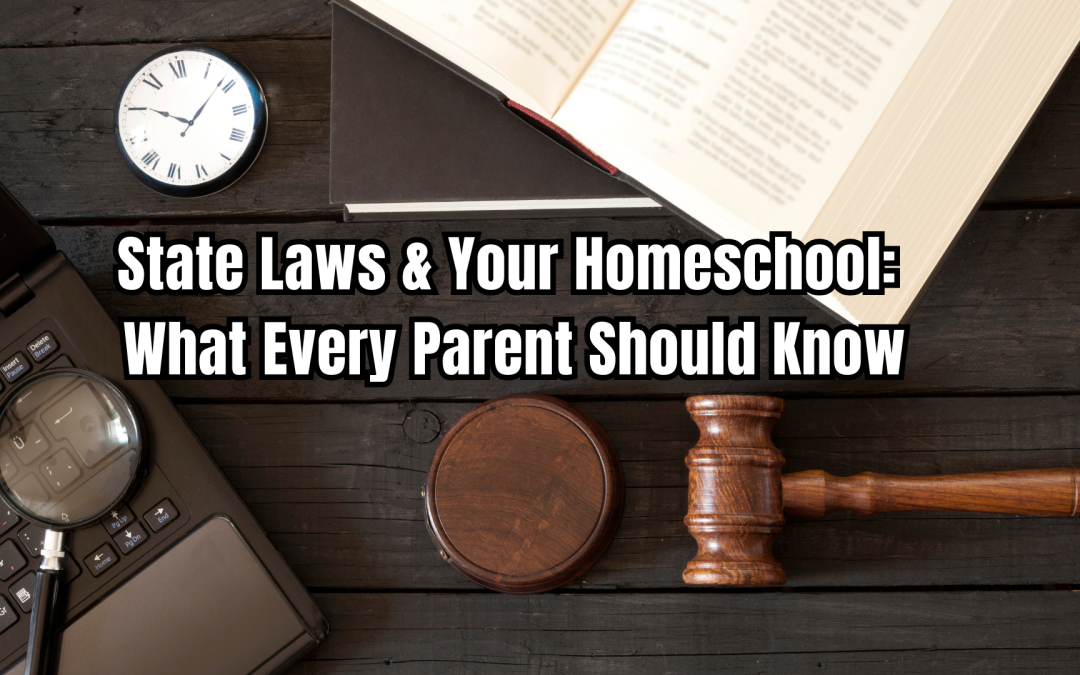Homeschooling gives families the freedom to create a personalized education that fits their child’s needs, but that freedom comes with responsibility. Every state in the United States has its own homeschooling laws, and as a parent, it’s important to understand and follow the requirements where you live. Knowing the rules not only keeps your homeschool legal but also ensures your child’s education will be recognized if they move, transfer schools, or apply for college.
Why State Laws Matter
Homeschool laws vary widely. Some states require only a simple notification to the school district, while others ask for detailed records, standardized testing, or annual evaluations. Failing to comply with these rules can lead to unnecessary stress or even legal challenges. Staying informed about your state’s requirements helps protect your homeschool and gives your family peace of mind.
Common Areas of Regulation
Although the details differ by state, here are some of the most common areas where laws may apply:
Notification: Many states require parents to file a notice of intent to homeschool with the local school district.
Record-Keeping: Families may be asked to keep attendance records, progress reports, or samples of student work.
Testing or Evaluation: Some states require homeschooled students to take standardized tests or undergo yearly evaluations.
Curriculum Guidelines: While most states give flexibility in curriculum choices, some require certain subjects to be covered.
Teacher Qualifications: A few states have rules about who may teach, such as requiring a high school diploma.
Moving to a New State
If your family moves, be prepared to adjust. Each state has its own expectations, and what worked in your previous state may not be enough in your new one. Research requirements ahead of time so your homeschool transition is smooth.
Staying Informed
Check Regularly: Laws can change, so review your state’s homeschooling regulations each year.
Keep Good Records: Even if your state doesn’t require detailed documentation, maintaining organized records makes it easier if rules ever change or if your child transitions into a traditional school.
Network with Other Families: Homeschool co-ops and support groups often stay up-to-date on legal changes and can be a valuable resource.
Final Thoughts
Understanding state laws is an essential part of successful homeschooling. While the requirements may feel like one more task on your plate, they exist to ensure accountability and consistency. By knowing and following the laws where you live, you protect your homeschool, safeguard your child’s future opportunities, and create a solid foundation for a thriving learning experience.
